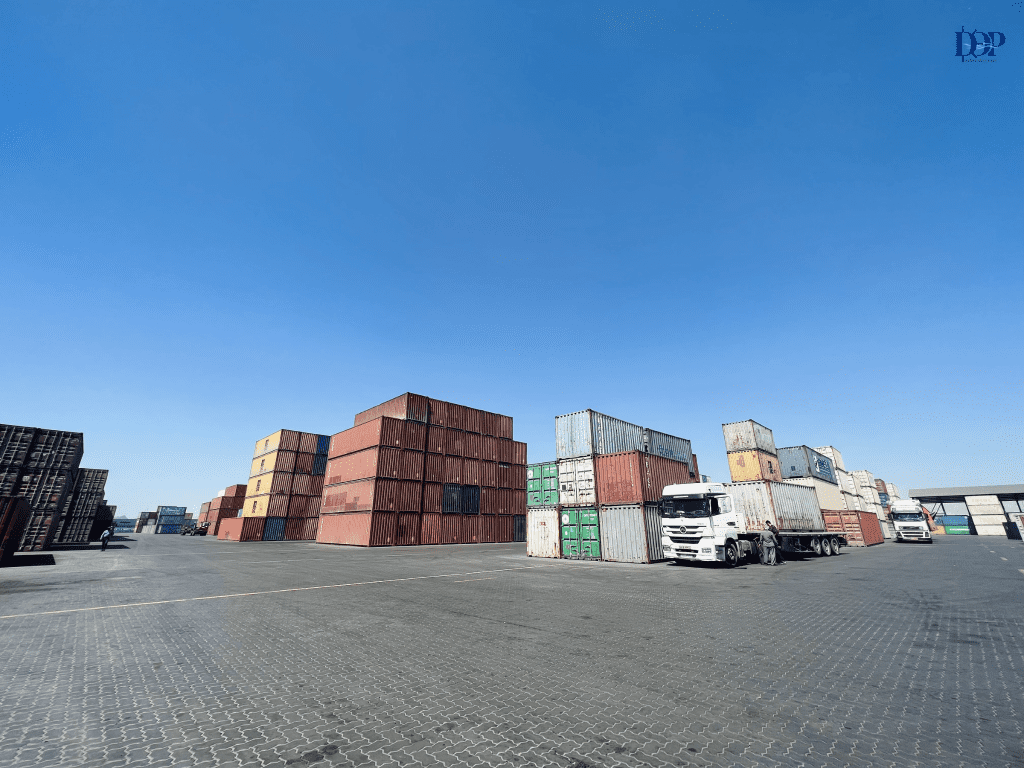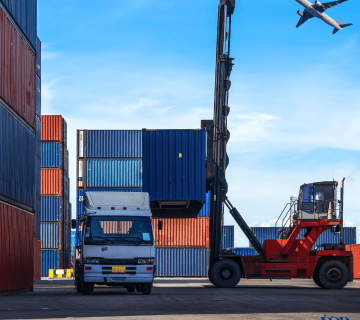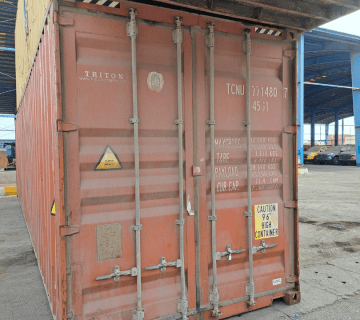Export Conditions to Europe

European countries have very strict laws and regulations. Therefore, exports must be carried out according to the conditions and laws set by European countries to avoid any issues. To accurately pursue exports to the European Union, a series of licenses must be applied.
First and foremost, the import rate is of special importance, and this rate should be examined in comparison to previous years. Another observed issue is that the European Union prevents the entry of unregulated goods, making exports to the European Union more challenging.
To export to Europe, one must be familiar with the conditions and regulations related to marketing, trade, and customs of those countries. Below are some of the conditions that should be considered for exporting to Europe:
Compliance with European Standards:
To enter the European market, your products must comply with European standards. Some standards that must be adhered to include the CE standard, REACH regulation, packaging guidelines, product responsibility, etc.
Ensure Product Quality:
You must ensure the quality of your products and obtain confirmation from relevant authorities. For this purpose, certificates such as ISO 9001:2015 can be utilized.
Compliance with Customs Laws:
In Europe, customs laws are very stringent, and you must ensure that your products comply with all customs regulations.
Necessary Certifications:
Some European countries require specific certifications for the entry of products. These certifications may include health, environmental, quality certificates, etc.
Market Research:
Before entering the European market, research different markets and gather information about their demands and needs.
Prepare Required Documents:
Before entering the European market, prepare all necessary documents, including commercial invoices, transportation invoices, certificates, insurance documents, and other required paperwork.
Use of Local Representatives:

 then 'Add to home screen'
then 'Add to home screen' then 'Add to home screen'
then 'Add to home screen'



بدون دیدگاه